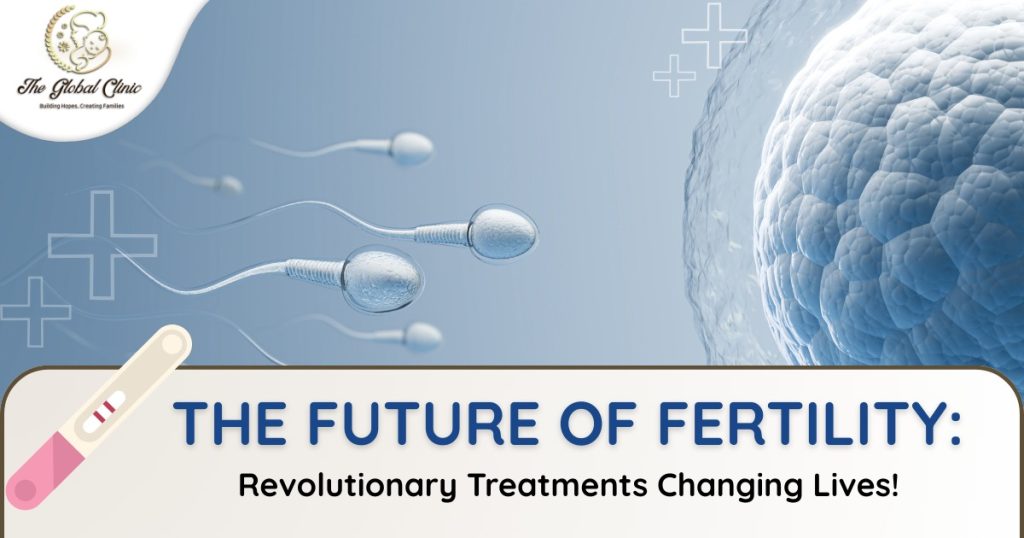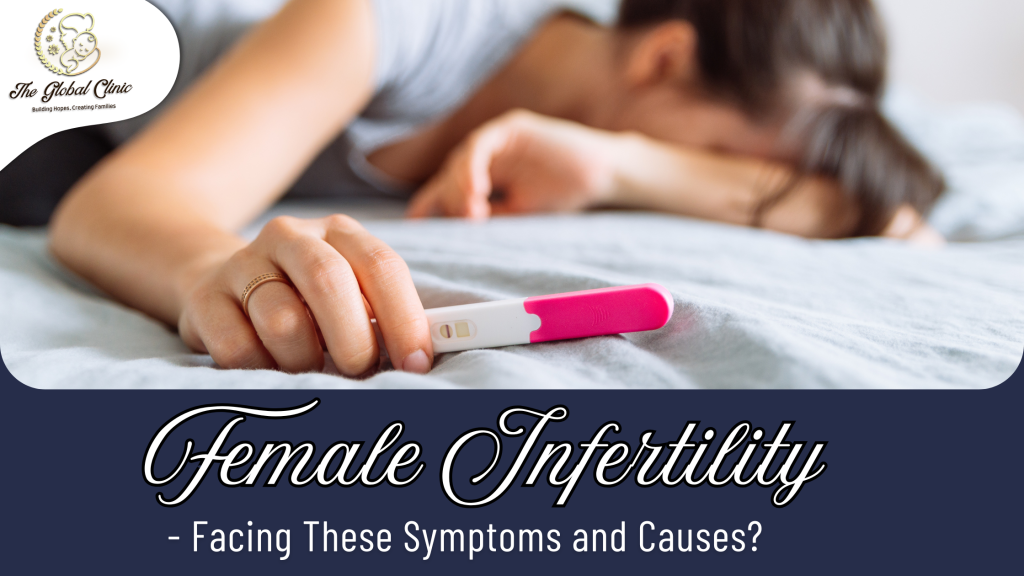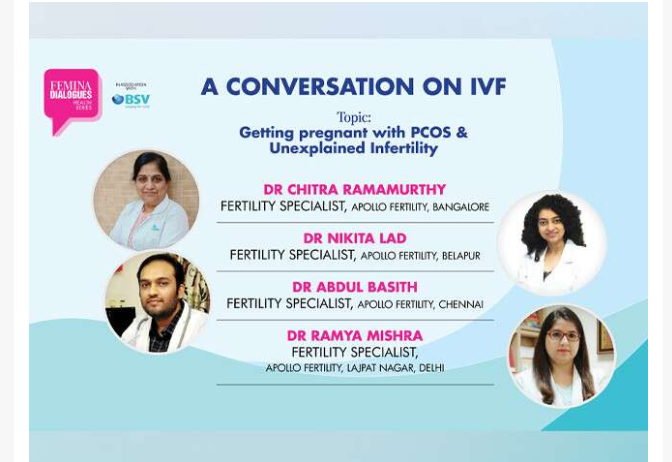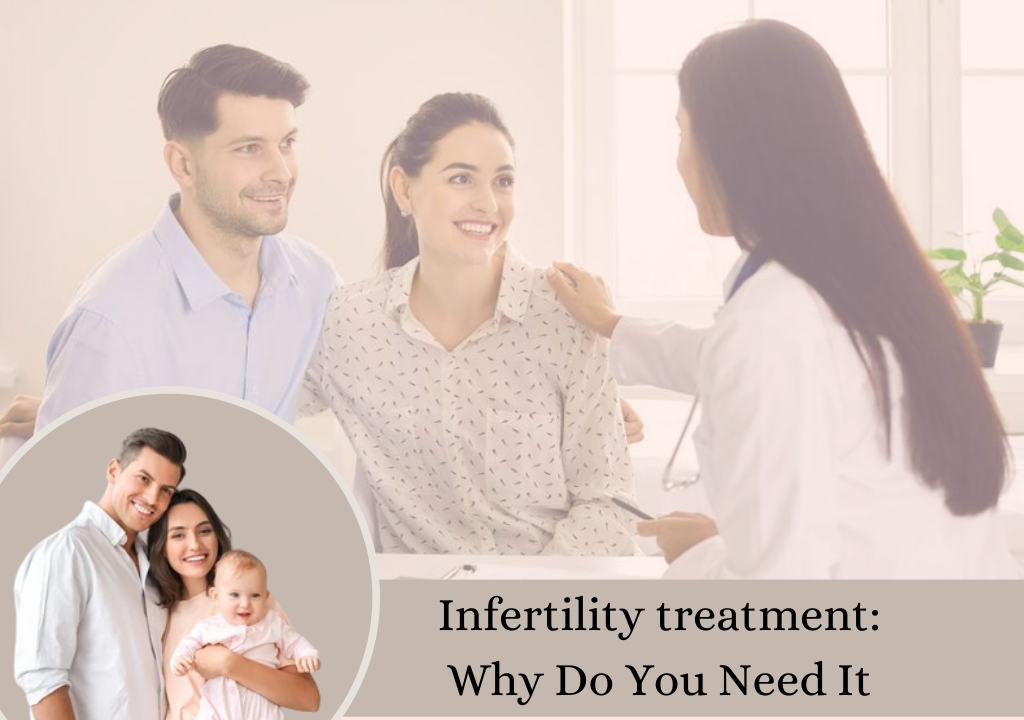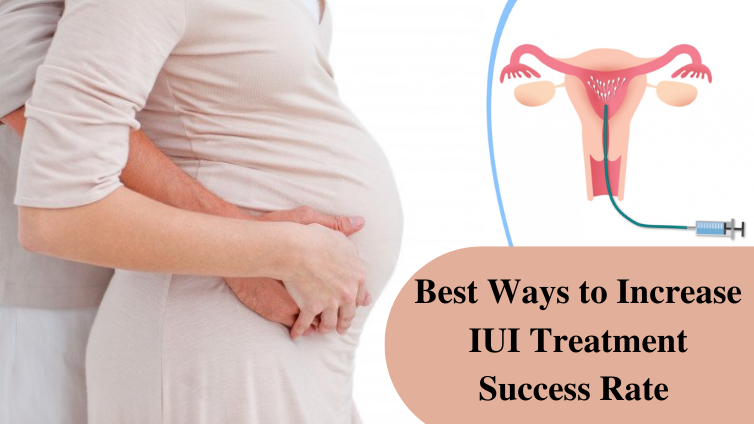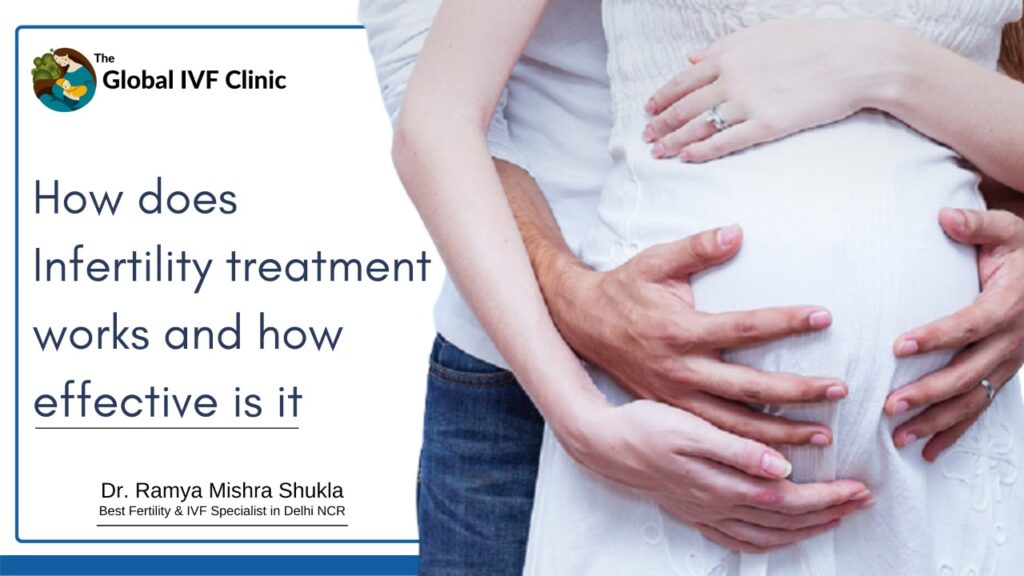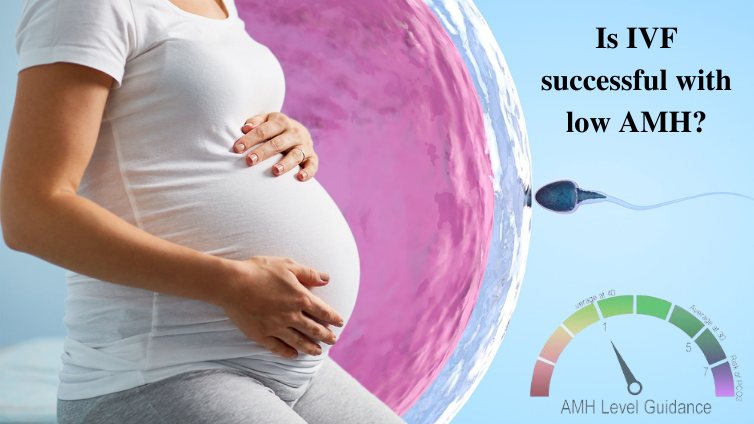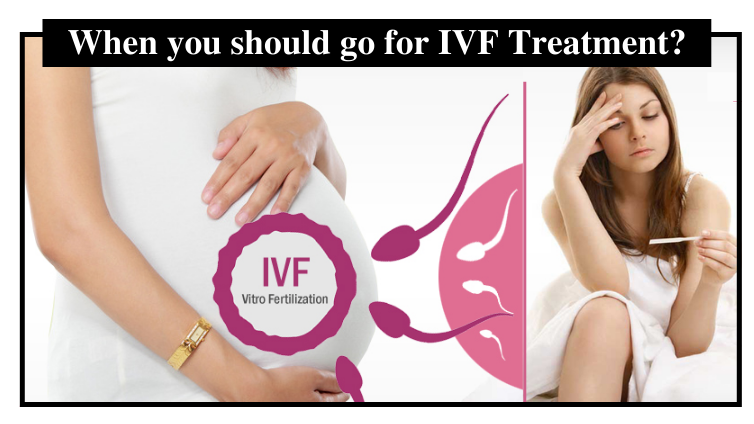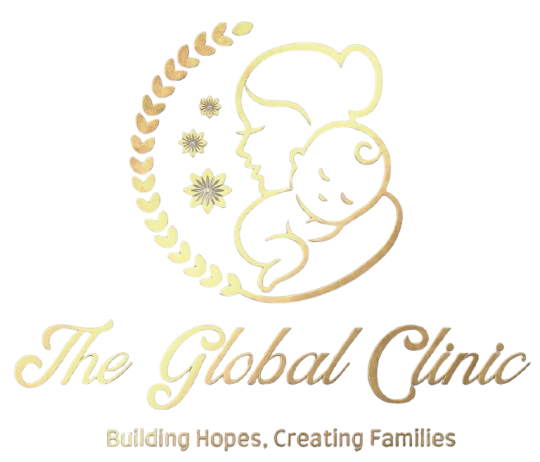The Future of Fertility: Revolutionary Treatments Changing Lives!
As scientific advancements continue to reshape the landscape of reproductive medicine, the future of fertility is brimming with hope and innovation. For couples facing infertility, these revolutionary treatments are not just changing lives; they are creating new possibilities for parenthood that were once thought to be unattainable. Advances in In Vitro Fertilization (IVF) In Vitro […]
The Future of Fertility: Revolutionary Treatments Changing Lives! Read More »


